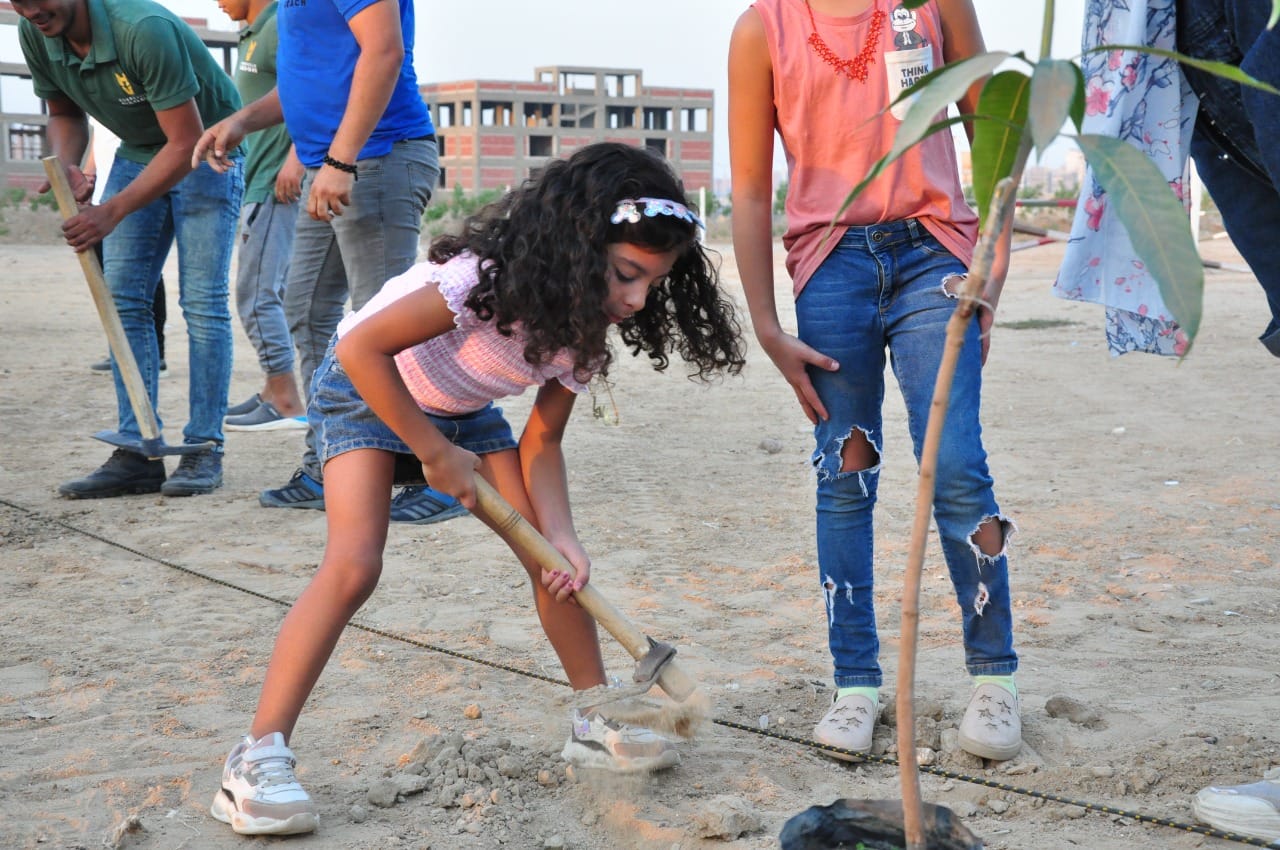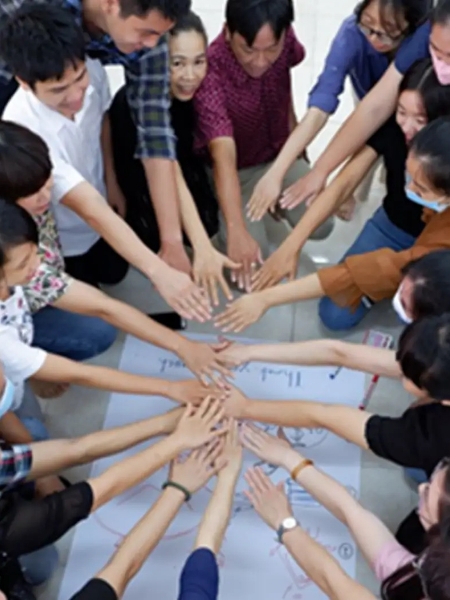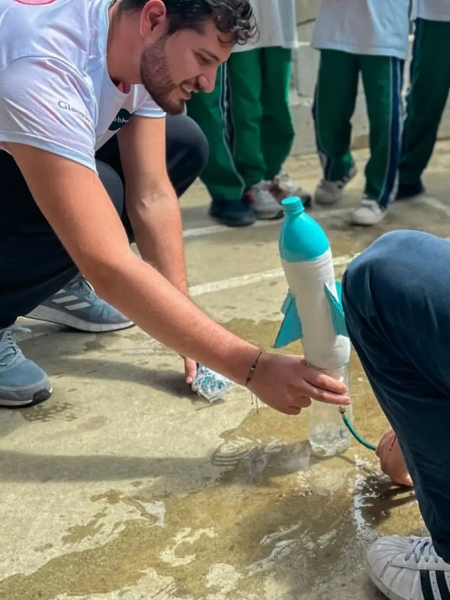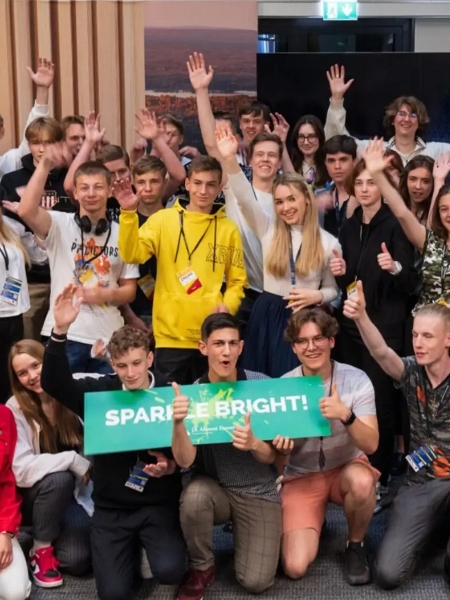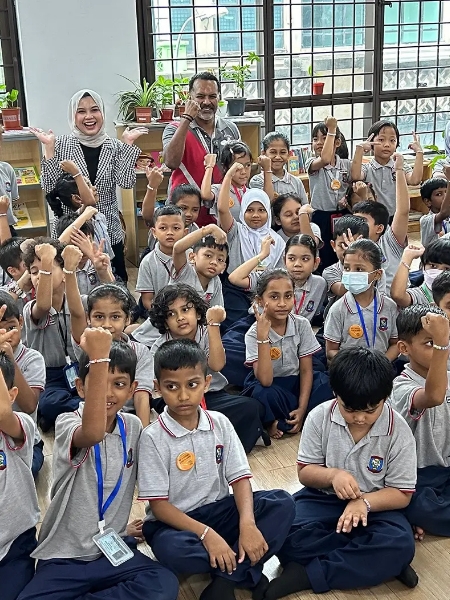Shagrha for Sustainable Development
Think Human Fund
Mission & History
Shagrha was founded on April 17, 2016, by a group of environmental enthusiasts and social entrepreneurs in Egypt. The organization was established to address the urgent need for environmental conservation and sustainable practices. Over the years, Shagrha has developed various initiatives aimed at improving environmental conditions and fostering community engagement. The organization focuses on:
– Urban Agriculture: Promoting the planting of fruit and wooden trees in streets, public places, and schools.
– Balcony and Rooftop Gardens: Encouraging the cultivation of plants in private spaces.
– Sustainable Development: Advocating for practices that combat climate change and enhance environmental sustainability.
Shagrha’s mission includes:
1. Promoting Environmental Sustainability: Engaging in activities that conserve natural resources, reduce pollution, and enhance biodiversity.
2. Fostering Community Development: Working with local communities to improve living conditions, provide education on sustainable practices, and support community-driven environmental projects.
3. Advocating for Green Practices: Raising awareness about environmental issues and promoting policies that contribute to a healthier environment.
4. Implementing Practical Solutions: Developing projects to tackle specific environmental challenges such as waste management, tree planting, and renewable energy adoption.
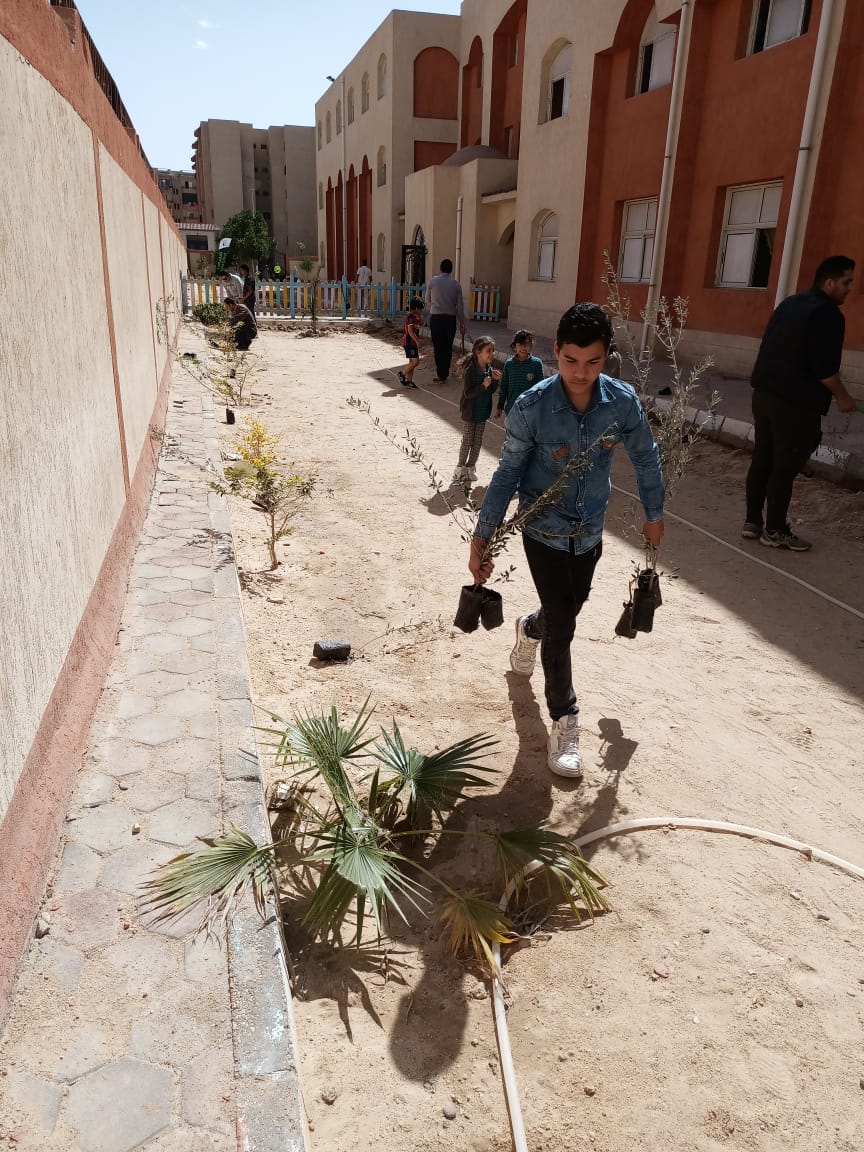
Country Information
Egypt, located in northeastern Africa with a small portion in Asia (the Sinai Peninsula), is one of the world’s oldest civilizations. It has a rich historical heritage, including monuments such as the Pyramids of Giza, the Sphinx, and the temples of Luxor and Karnak. Cairo is the capital city, and the country has a population of approximately 105 million. Arabic is the official language, and the currency is the Egyptian Pound (EGP). Egypt is bordered by the Mediterranean Sea to the north, the Red Sea to the east, Sudan to the south, and Libya to the west. The country controls the Suez Canal, a critical global waterway, and is traversed by the Nile River, which provides fertile land and essential water resources. Egypt is a member of the Arab League, the African Union, and the Organization of Islamic Cooperation.
The Need
To support local communities in achieving the following Sustainable Development Goals (SDGs):
1. No Poverty
2. Zero Hunger
3. Good Health and Well-Being
4. Sustainable Cities and Communities
5. Climate Action
6. Partnerships for the Goals
Specific needs include:
– Providing local food sources through fruit trees, aiming to yield 420 tons annually.
– Increasing environmental awareness for over 30,000 people.
– Absorbing 210 tons of carbon annually.
– Encouraging community participation and enhancing social cohesion.
– Improving biodiversity by attracting birds and small animals to urban areas.
The Project We Fund
The “Eat from Street” and “Fruitful Schools” campaigns are Shagrha’s major initiatives running from April 17, 2024, to April 17, 2026. The project goals are:
– Enhancing Vegetation Cover: Planting 14,000 fruit trees in streets and public spaces to improve air quality and urban greenery.
– Raising Awareness: Launching campaigns to educate the public about the benefits of fruit trees in food security and sustainable development.
– Boosting Community Participation: Encouraging local involvement in planting and caring for trees.
– Supporting Sustainable Development: Contributing to sustainable development goals by improving the urban environment and providing local food sources.
The Result
Success will be measured through:
– Number of Trees Planted: Tracking progress towards the target of 14,000 trees.
– Survival Rate of Trees: Monitoring the percentage of trees that survive one year after planting.
– Level of Community Participation: Measuring the number of volunteers, partnerships, and public involvement in planting and awareness activities.
– Environmental Impact: Assessing improvements in air quality and increases in vegetation cover, including the amount of carbon absorbed.
– Social Impact: Conducting surveys and interviews to gauge the broader social effects of the campaign.
Detailed reports will be prepared to document these outcomes and evaluate the project’s effectiveness.

